
Embracing the Unknown: A Perpetual Journey of Youthful Excitement
In 2016, Shinichiro Nishio embarked on a new adventure, moving from Japan to Amsterdam, the Netherlands. Over the next few years, he would wear many hats: tour guide, personal assistants, and liaison at a Dutch law firm. But it was an unexpected opportunity with TYPICA in February 2021, amid the financial strain of the Covid-19 pandemic, that would set him on a path to become a key player in the company.
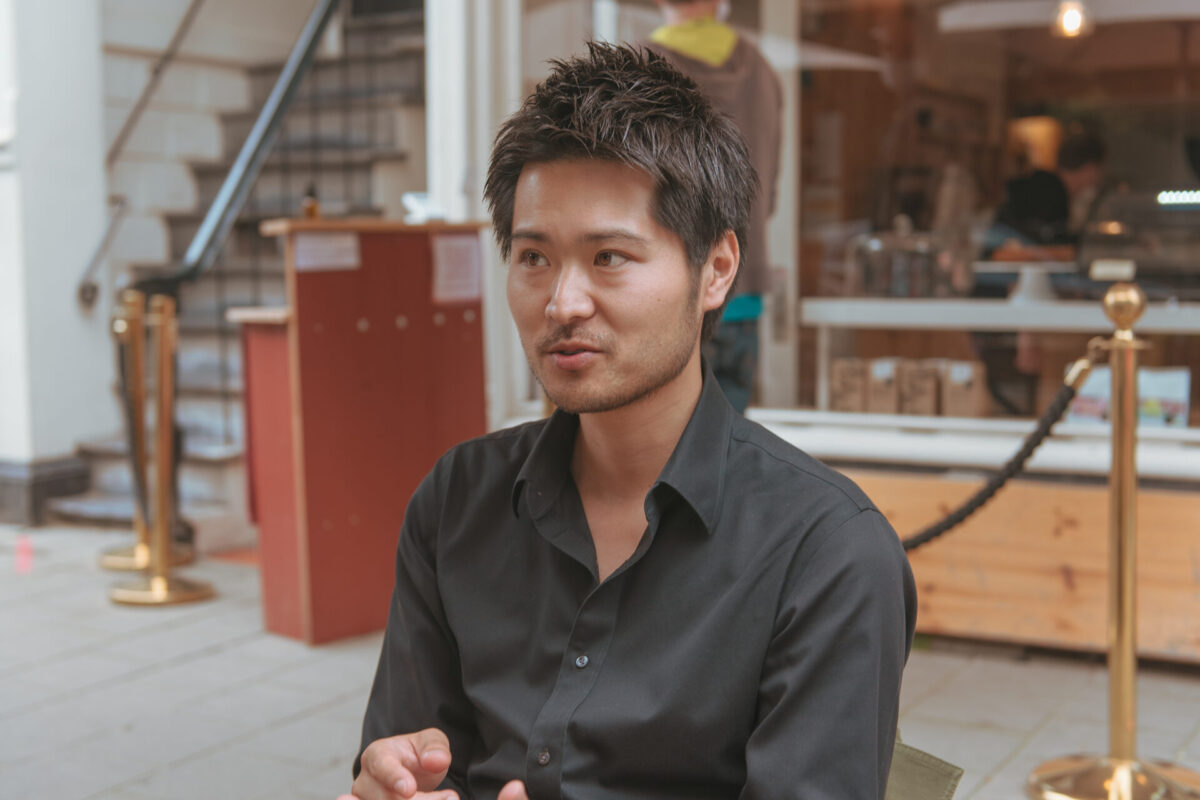
A desperate search for new beginnings
Nishio’s journey with TYPICA began with a fortuitous conversation. “There’s a company called TYPICA looking for someone with English skills to interpret during interviews,” an acquaintance, who happened to be friends with TYPICA’s CEO Masashi Goto, told him. “They need someone who can move flexibly around Europe. Shin-chan, I think this job is perfect for you. Are you interested?”
This chance encounter marked the beginning of a new chapter in Nishio’s life, but his European adventure had started years earlier.
Five years before joining TYPICA, Nishio had left his job at a Japanese trading company after about one year. In December 2016, he took a bold step: moving to the Netherlands and establishing his own tour guide business.
“I had no connections or money,” Nishio recalls. “But I’ve always been comfortable meeting new people, and I knew I could leverage my English skills as a tour guide. I figured if I could pack my head with information and use my communication skills, I’d make it work somehow.”
With determination, Nishio threw himself into his new venture. He built a website from scratch and aggressively sought clients, handing out business cards at airports and tourist spots. His frequently updated blog, showcasing his personality and tour offerings, became a primary source of new business opportunities.
Nishio’s approach to guiding evolved as he gained experience. “At first, I thought I had to be an expert on a country’s history and culture,” he explains. “But I soon realized that, more than anything, tourists wanted to feel safe and comfortable. That was a turning point for me.”
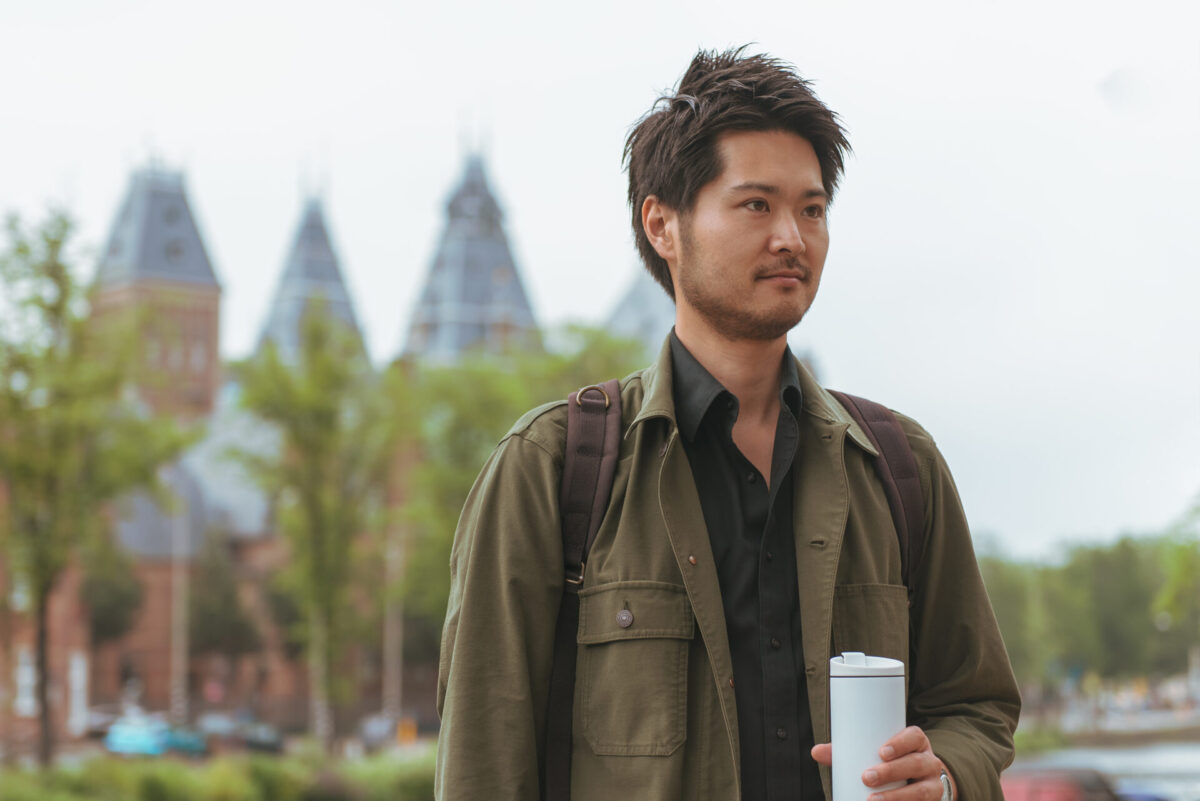
As Nishio’s business grew, so did his range of services. Based in the Netherlands and Belgium, he began offering business support, including interpreting for meetings and negotiations. His willingness to accommodate unique requests – like accompanying clients to soccer matches in Spain or trips to Britain – helped him build close relationships that transcended the typical guide-client dynamic, earning him a loyal base of repeat customers.
In December 2019, Nishio expanded his professional portfolio once again, joining a Dutch law firm to establish their Japan desk. In this role, he served as a crucial bridge between legal experts and Japanese clients looking to relocate to or do business in the Netherlands.
Nishio’s steadily built life in the Netherlands was upended in the spring of 2020 with the onset of the Covid-19 pandemic. The subsequent lockdowns and travel restrictions hit the tourism industry hard, and Nishio found himself without work – even his position at the law firm was furloughed due to the lack of international arrivals.
Faced with a sudden loss of income, Nishio began receiving financial aid from the Amsterdam government while desperately searching for new opportunities. It was in this moment of crisis that TYPICA entered his life.
“Given my circumstances, I was in no position to be picky about jobs,” Nishio admits. “But as I started working with TYPICA, I found myself increasingly drawn in. Hearing coffee roasters share their life stories and their passion for producers, I realized how meaningful this work could be.”
Nishio joined TYPICA in February 2021, initially working just 20 hours a week as he juggled various commitments. However, he quickly found himself devoting more and more time to the company. Now, he’s on track to become the head of TYPICA’s European operations.
“Whether it’s contacting roasters, setting up coffee delivery systems, or searching for office space to establish our base, I’ve enjoyed tackling the diverse challenges that come my way,” Nishio reflects. “Above all, I’m thrilled to be part of a team that values my contributions and to know that I have something meaningful to offer.”
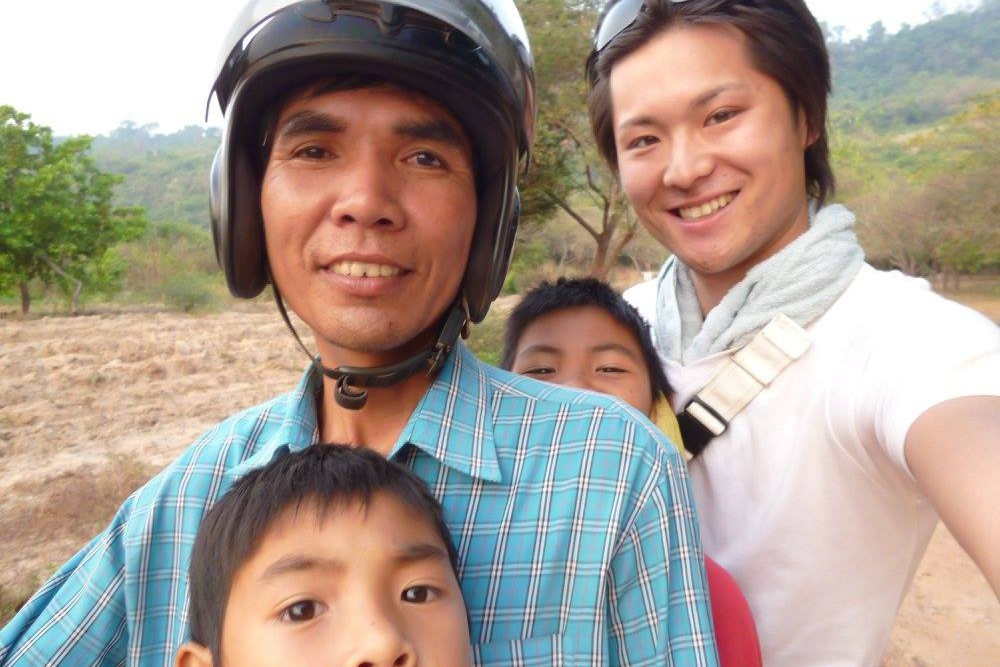
The seeds of adventure
Nishio’s journey to the Netherlands began in an unexpected place: a pre-college prep school.
After dedicating his high school years to baseball, Nishio found himself academically unprepared for university entrance exams. Ranked 311th out of 320 students, he spent a year at a prep school, where an English teacher would change the course of his life.
“That teacher started from the basics, carefully guiding me through English from a junior high school level,” Nishio recalls. “I fell in love with the language. Maybe it was because my mind was a blank slate, but I found it fascinating to learn grammar, vocabulary, and sentence structure step by step. Before I knew it, I could understand complex English texts used in college entrance exams. It was incredibly fulfilling.”
This newfound passion for English opened doors to a world of cross-cultural communication. At university, Nishio pursued an English teaching license. During his teaching internship, he eagerly engaged with foreign language assistants, expanding his circle of international friends. His natural extroversion led him to adventures like traveling to New York with his new acquaintances.
Nishio’s appetite for intercultural experiences led him to pursue a master’s degree in Intercultural Communication at Rikkyo University. For his thesis, he dived into the life stories of people living in Siem Reap, Cambodia.

“I love hearing stories from different people because there’s always something new to learn,” Nishio explains. It wasn’t long before Tokyo began to feel too small for Nishio’s growing ambitions. His desire to use English and connect with people from around the world evolved into a dream of living in the Netherlands.
“The Netherlands is incredibly welcoming to foreigners,” Nishio says. “Especially Amsterdam, where about 50% of the population are immigrants. It’s known for embracing diverse cultures and values. Spending five years here in my late 20s and early 30s has been profoundly impactful.”
Living in Amsterdam has provided Nishio with constant exposure to new perspectives. “I’m currently sharing an apartment with a Venezuelan and an Italian. One Christmas, my roommate cooked a traditional Venezuelan dish called Hallacas. I’ve had deep conversations with LGBTQ friends about their relationships. This city always offers me glimpses into worlds I didn’t know existed.”
Nishio finds similar excitement in his work with TYPICA. “I get to talk with top European roasters and interpret at events with coffee producers from various countries. Every day brings new surprises and discoveries.”
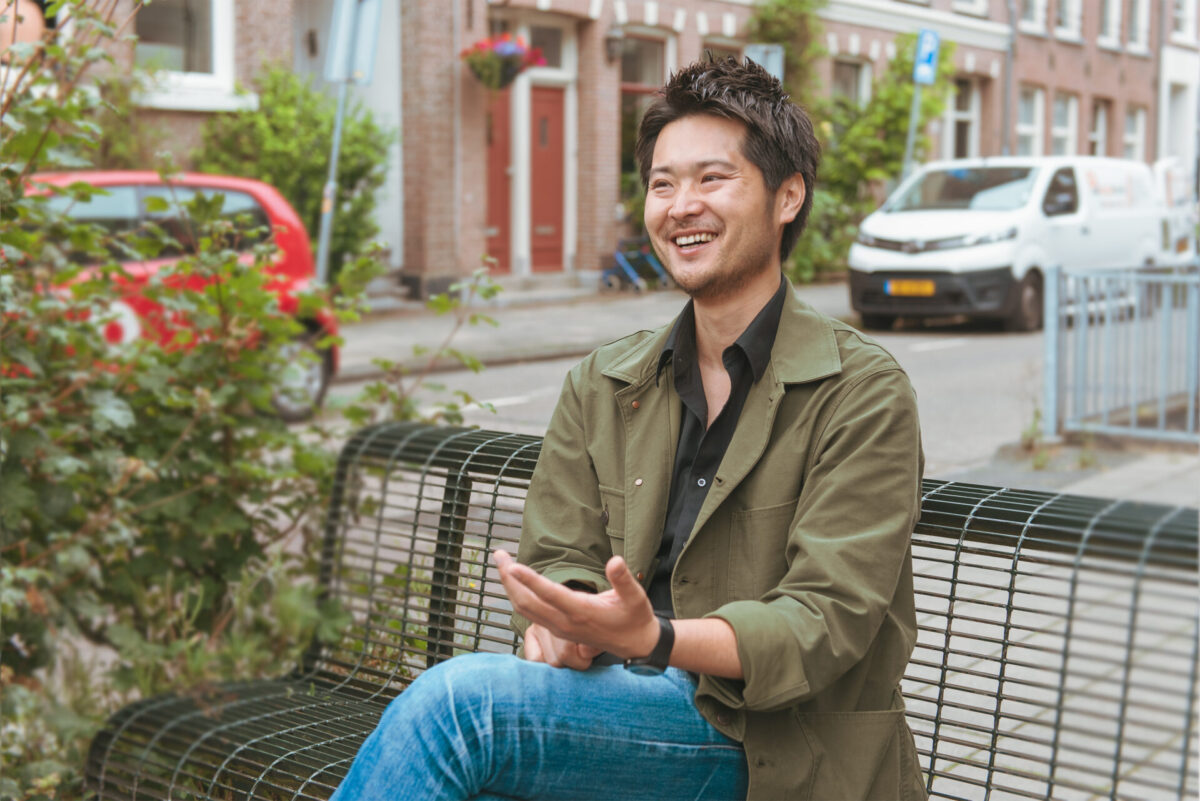
Embracing challenges
Nishio’s willingness to start a life abroad without specialized skills might seem reckless to some, but he sees it differently.
“I guess I like the challenge of trying to overcome high hurdles,” he reflects.
This attitude has been a constant throughout his life. Nishio’s baseball journey spanned a decade, from elementary school through high school. In his early years, he was a regular player in official games. Driven by his dream of playing at the prestigious Koshien Stadium, Nishio set his sights on a powerhouse high school known for its strong baseball club – a school where many students entered on sports recommendations. This school wasn’t just athletically strong; it was also one of the top academic institutions in Shizuoka Prefecture. Determined to gain admission through the general entrance exam, Nishio dedicated himself to an intense study regimen. Throughout his final year of junior high, he disciplined himself to study for about eight hours daily, eventually securing his place at the school.
However, his initial elation was short-lived. Soon after entering, Nishio faced a harsh reality check. “Everyone in the club was so much more muscular and skilled than I was,” he recalls. “One first-year student could throw 87 miles per hour. The skill gap between me and the teammates who were scouted by the school was shocking.” Despite this, Nishio persevered. “For about two years, I clung to a sliver of hope that I would be able to outperform them one day,” he says.
By his final year, Nishio had to accept a supporting role off the field. Though his team didn’t make it to Koshien, he found joy in small victories. “I gave my batting gloves to a younger teammate. When he hit a home run wearing them, it felt like a personal win,” he reminisces.
Ultimately, the team was eliminated in the regional tournament, falling short of their Koshien dreams. Nishio’s high school baseball career ended without him ever playing in an official game.
“When it was all over, I felt completely burnt out,” he reflects. “I knew I had given it my all, but more importantly, I realized the limits of my ability. Since then, I’ve kept my distance from baseball – I’ve hardly even played catch.”
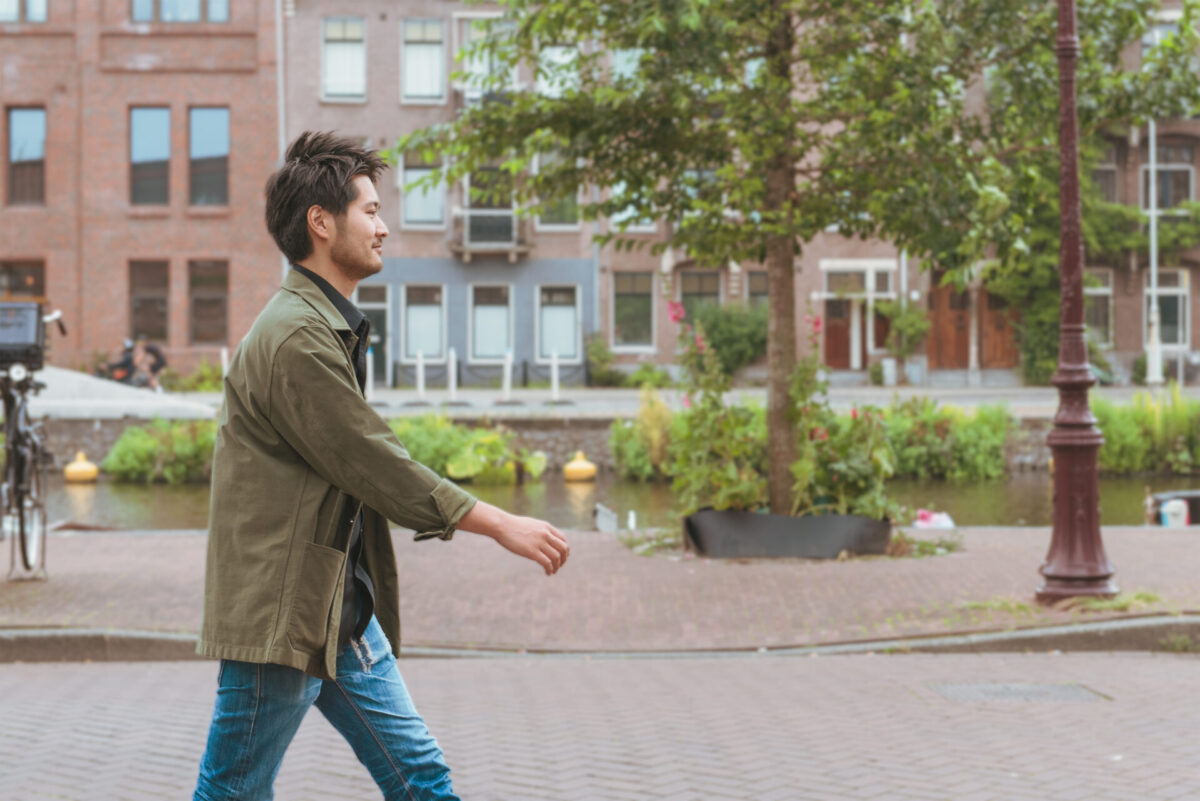
Living in the moment
Reflecting on his past, Nishio acknowledges the audacity of his goals. “Wanting to play at Koshien as a regular, given my skill level, was probably unrealistic. Similarly, aiming for Keio University’s economics department without much academic preparation was quite bold,” he laughs.
“But perhaps my strength lies in not recognizing when I’m being unrealistic. Sometimes, it’s better to move forward without overthinking, rather than getting stuck in analysis paralysis.”
This attitude continues to serve Nishio well at TYPICA. In a recent conversation with CEO Masashi Goto, Nishio was challenged to think even bigger. “He told me that my current dreams are easily achievable and suggested we create a future that far exceeds my expectations,” Nishio shares.
“It made me realize that TYPICA is a place where I can grow significantly. My immediate goal is to establish a green coffee distribution platform in Europe.”
Aside from his immediate goal, his personal aspirations are tied to Amsterdam itself. “I want to live in Amsterdam for as long as possible,” he says. “This is where I started with nothing, working odd jobs like food delivery and hotel housekeeping. It’s where I built friendships from scratch. Amsterdam is more than just my second hometown – it embodies my youth.”
From his teenage years chasing impossible dreams to his current pursuit of new goals in his 30s, Nishio’s approach to life remains consistent. He continues to seek out exciting, unexplored experiences – living each moment as if it were the prime of his youth.
